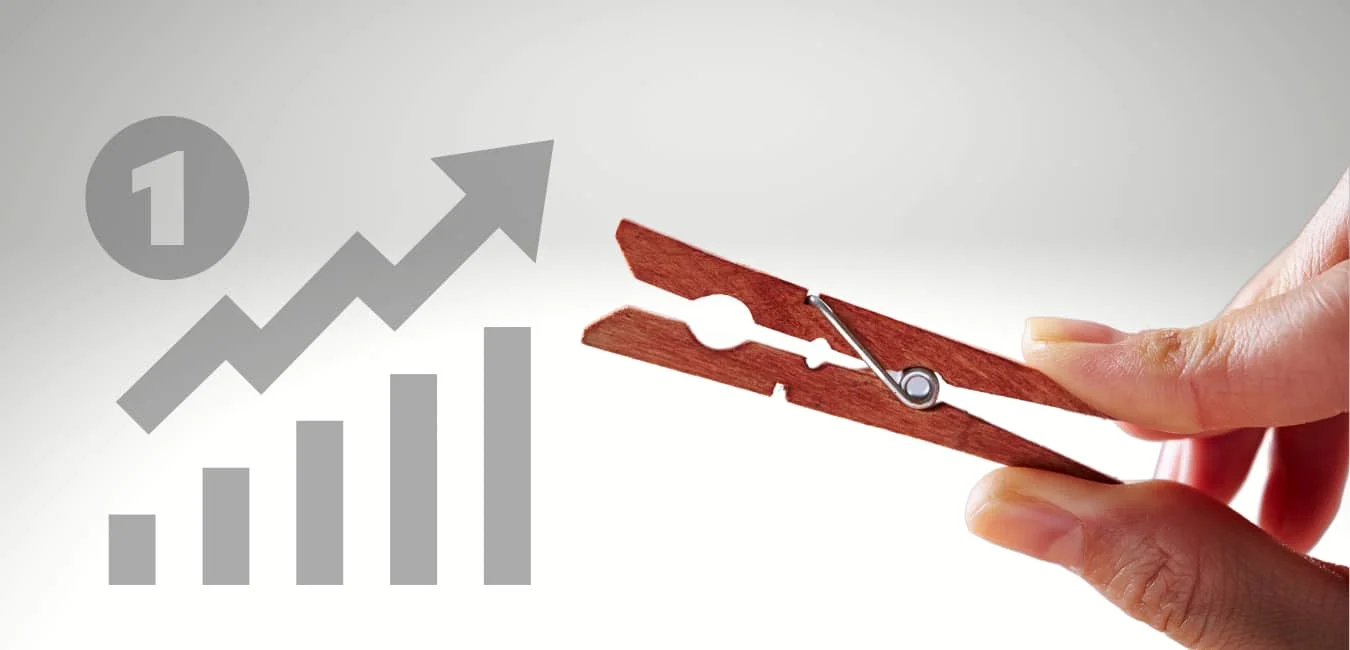
Mindfulness: leadership at a new level
Mindfulness. Learn how to take leadership to a new level in your company.

In addition, a prolonged period without sleep generates less glucose reaching the brain, especially the areas responsible for generating ideas, social behavior and the difference between right and wrong.
Therefore, it is important not only to sleep well, but also to organize our day so that we make better use of our brain. Here are five tips to be more productive:
2.Define a certain time when you will disconnect from your work and it does not matter what you leave pending.
4.If at bedtime you can't fall asleep, stop worrying about it. Instead, get up again and do a light activity such as reading while your body prepares for sleep.
5.The quality of sleep also matters. Make sure it is in a comfortable place; with a good mattress, without light or noise and at a proper temperature.

Batching is a simple method of organizing your responsibilities and the responsibilities that come with them, which can help you to work more efficiently. Tim Ferris, author of "The 4-hour workweek" explains it clearly.
We have tested it with our own time and added it to our clients' training, and the system has worked so well that we are applying it to more and more areas of life, not just the work or business area.
The essence of time blocks is to group your responsibilities into "batches" or groups of responsibilities that require similar actions to be accomplished. The process is simple: make a list of all the similar responsibilities/tasks you have to do and dedicate a block of time to dedicate exclusively to these responsibilities/tasks.
Let's imagine that during your working day you have to perform basically 3 responsibilities/tasks: making calls, reading and analyzing different documents and reports and preparing presentations of your work. You can start the day by making some calls, then reading, writing, reading again, writing again, making some more calls, writing again and then making some more calls, or by implementing the time blocks, you can divide your work in parts and dedicate first an exclusive time to call, then another one to read and analyze and another one to write and prepare your presentations.
Time blocks work because our mind works better by focusing on one task at a time. Every time we switch tasks our mind has to change its focus and that requires some effort on your part, and increases your stress level. Switching from one task to another takes time because you have to move around or change your work material, so you lose productivity. Thanks to the block method, you can also simplify your work and get rid of the angst because your calendar will look less cluttered if you do the responsibilities/tasks in groups.
In my case to be more productive, for example, I dedicate one exclusive block per week to writing articles and editorial contributions for the various websites and publications I have the opportunity to participate in. In that block, I do nothing else but write apart from my vital functions, obviously.

The extreme time block methodology consists of dedicating an entire day to each of the different responsibilities/tasks you have to perform. If you are free to decide what you spend your time on, extreme time blocks allow you to focus much more of your energy on a particular task.
Having such a simple planning system makes you feel more motivated about your work. Simplicity helps you to be happy.
I recommend you to create a list for each of your groups of responsibilities/tasks. And then, create your blocks. Just because you have to spend a lot of time on one task doesn't mean you can't rest in between. Working without resting is not good for productivity, take a break whenever you need to.
The principle of blocks of time can be applied to virtually any group of similar responsibilities/tasks you perform.
What actions will you take in your business, and in your life, to be more productive?

Mindfulness. Learn how to take leadership to a new level in your company.

In companies, especially in sales management, it is necessary to make at least five effective contacts to close a sale. A CRM will allow you to do it faster.